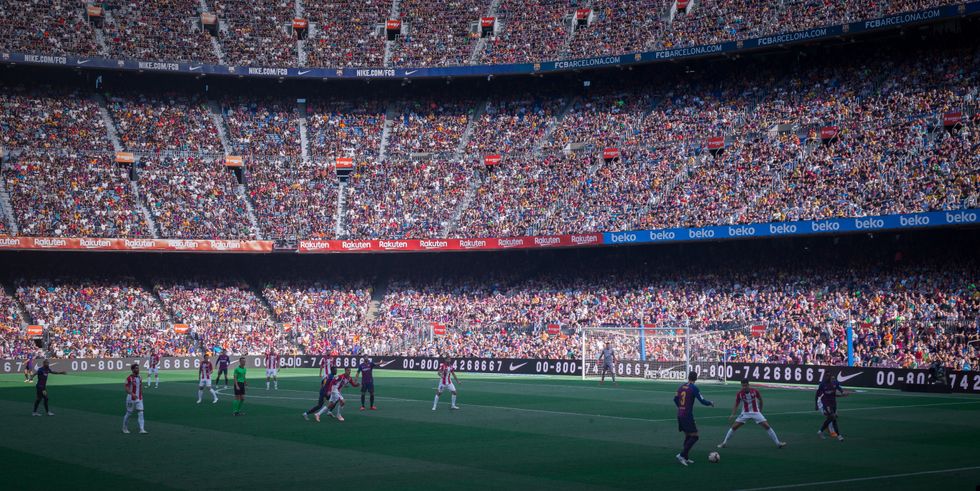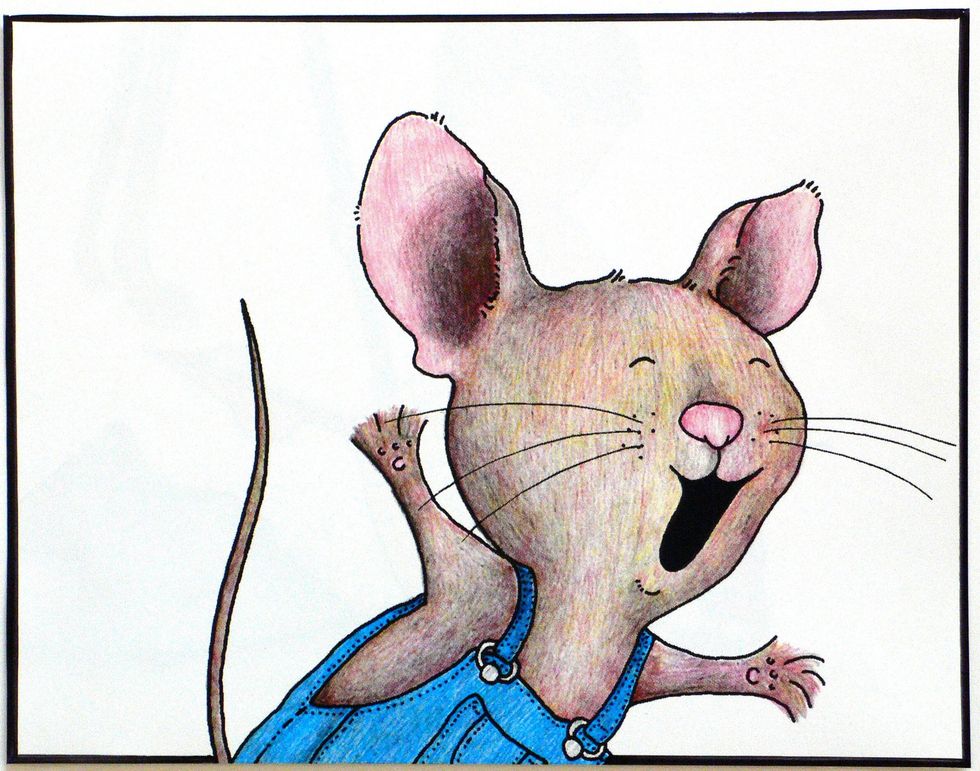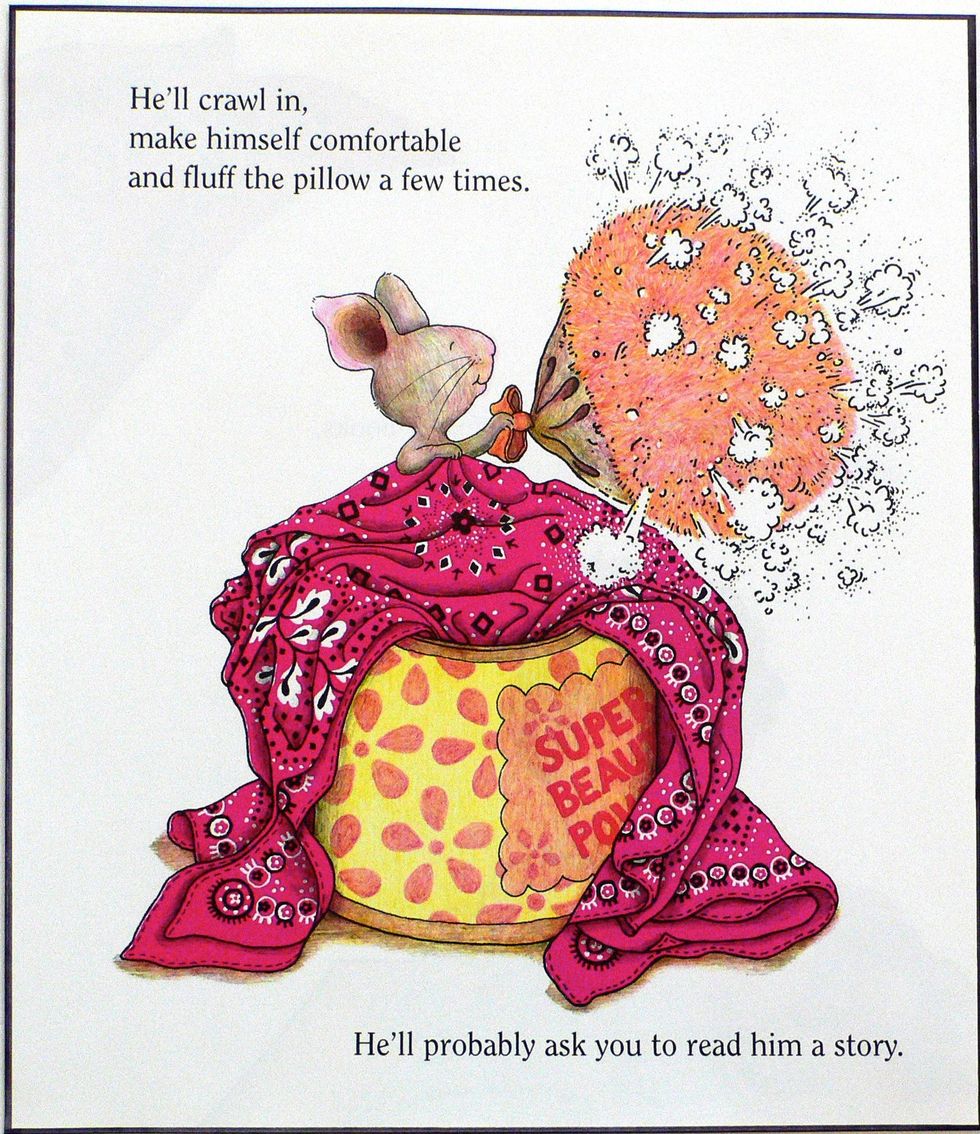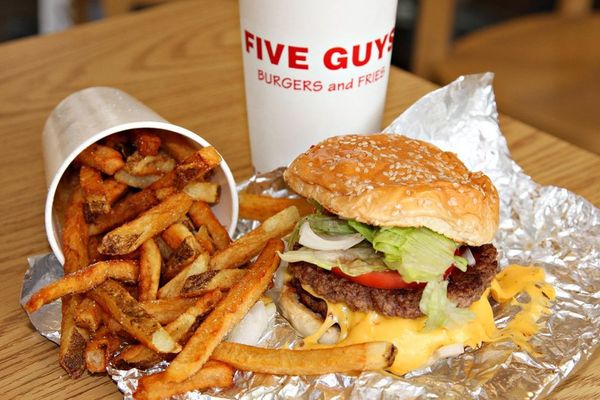Soccer in England has been actively pushing for political change. Ever since the tragic events surrounding the murder of George Floyd in May 2020, we have seen players in England's top soccer league 'taking the knee' before the game begins. Such activity was actively endorsed by the Premier League - one of the biggest soccer leagues anywhere in the world.
It's been a remarkable turnaround for a sport that's long been plagued by negativity. From the ongoing racist abuse of players to hooliganism, soccer has been seen as being a sport that's been stuck in the Dark Ages. But such moves have helped bring many more switched-on sports fans to enjoy soccer. As a result, there are more chances of casual viewers picking up a bonus from a bookmaker featured at a resource like www.captaingambling.com to use on soccer betting than ever before.
While the NFL was controversially opposed to Colin Kaepernick protesting, the Premier League has managed to show that sports can be progressive. Such is the impact of the Premier League's actions that similar protests have taken place in other sporting arenas.
The 2020 MLB season saw many baseball players making the protest, and we recently saw players taking the knee at a cricket Test match between England and the West Indies. While motorsports like Formula 1 were slow to join in the actions, the British Grand Prix will feature an anti-racism protest.
But what is it about soccer that's made it so determined to power political change? Much of the movement can be put down to heroic soccer players. We've seen top strikers like Manchester City's Raheem Sterling being particularly vocal about the need to combat racism in sport and beyond.
Such efforts have been made all the more significant against the backdrop of the coronavirus pandemic. With deaths far more likely to happen to those from ethnic minorities, Sterling gave the brave message that racism was 'the only disease right now'. This was backed up by other Premier League soccer players like Watford's Troy Deeney.
Deeney was initially opposed to the restart of the competition after a three-month lockdown. The Watford player was vocal about how people from ethnic minorities were much more at threat from the disease and felt that his family would be in danger if he rejoined the soccer tournament.
Such protests came against a backdrop of ongoing racism that has long plagued 'the beautiful game'. Xenophobia has long been a part of the soccer terraces, and it was thought that things reached their head in the ugly hooliganism era of the 1980s. But recently there has been an upsurge in horrendous racist outbursts at football matches.
Nowhere was this more evident than in an international soccer match between England and Bulgaria in October 2019. This saw over a dozen Bulgarian fans arrested for shouting racist abuse at black English soccer players. It was one of the ugliest and most explicit examples of racism in the sport ever, and sadly was just another example of this backward behavior in soccer.
Such vile behavior has continued to dog the sport. Premier League stars like Wilfried Zaha suffered from horrendous racist attacks on Twitter in July, and the culprit was found to be a 12-year old boy. Plus other English soccer stars of color like Sheffield United's David McGoldrick were victims of racist abuse in the same month. All of this means that taking the knee protest couldn't be better timed, and many are hoping that the Premier League continues the action into the new season.



















